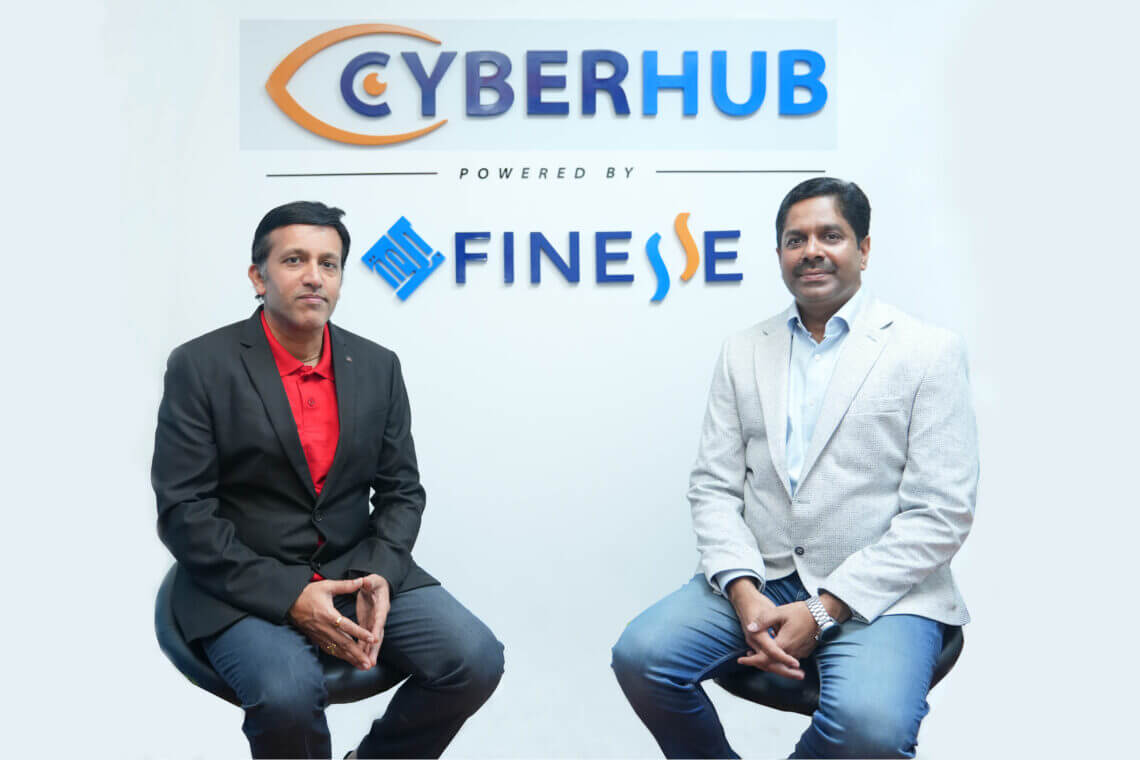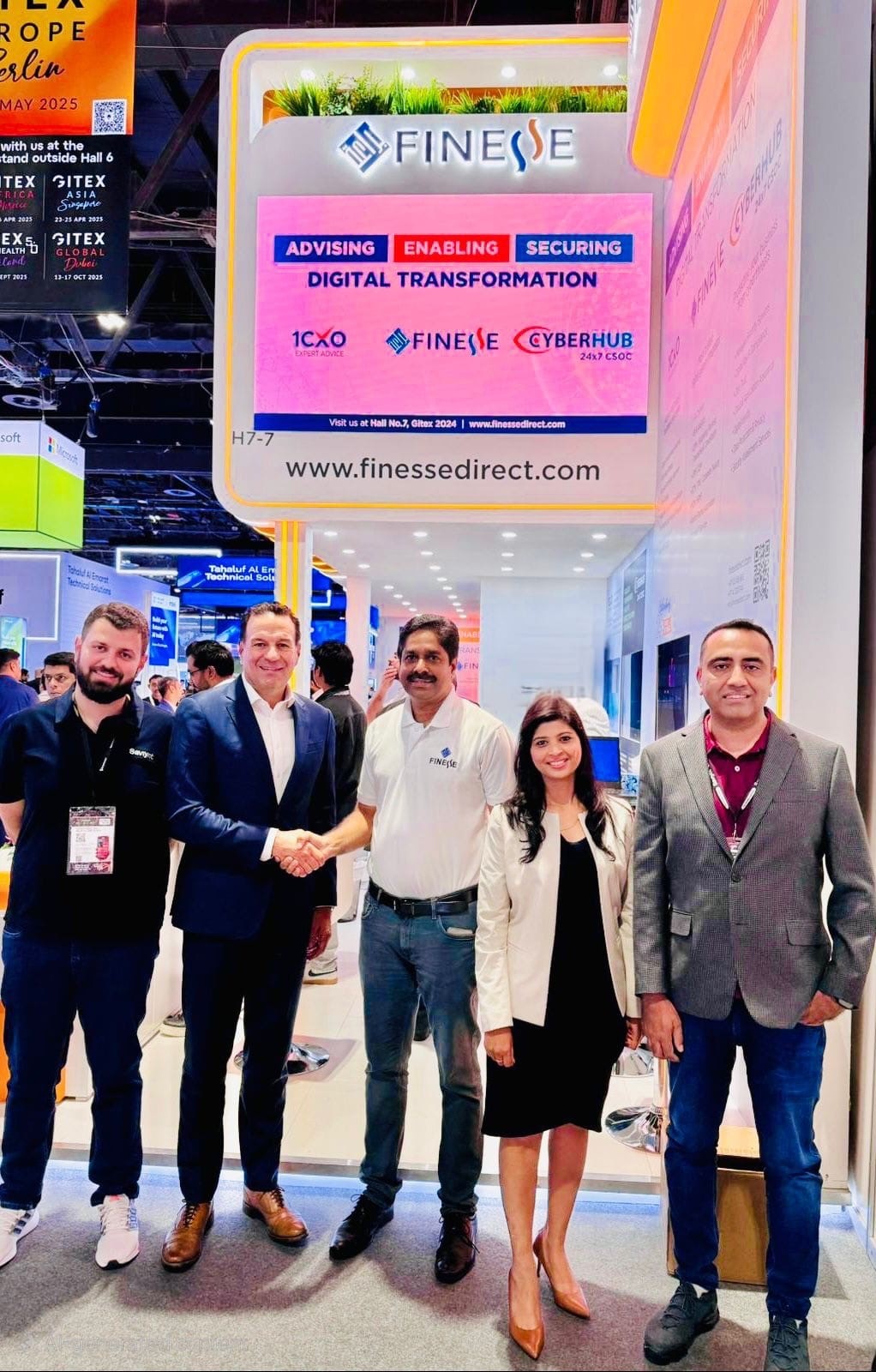
Can present and past experiences provide a window into the future? It is an open debate on the individual front but not so much for businesses as predictive analytics holds the alluring promise of visibility and predictability into what will happen in the future.
If we consider the exponential growth in devices connected to the Internet of Things (IoT), with estimates ranging from 20 million by 2020, according to Gartner and 25 million by 2025, according to GSMA Intelligence, predicting the future could only get better. In fact, greater availability of data, storage and computing power has helped bring predictive analytics into the mainstream from its high-perch a decade or so ago.
Machine learning, data mining, artificial intelligence and predictive modelling constitute the core elements of predictive analytics solutions. An example of predictive analytics at work in our daily lives is perhaps weather forecasting, where current and past data are used to predict the weather for the days ahead. But for businesses, its advantage lies in identifying trends, understanding customers, improving business performance and driving strategic decision making. It wouldn’t be incorrect to state that predictive analytics could be used to produce deeper insights to drive specific business outcomes.
Predictive analytics is being employed across varied industry verticals, businesses and functions. In manufacturing, for example, firms are using predictive analytics to achieve better inventory control by track stock levels using IoT and automating the replenishment process. In fact, in asset-heavy industries like oil and gas or power generation, the power of predictive analytics is being harnessed to service components and equipment based on their actual performance instead of time-based schedule. In healthcare, there are opportunities to use predictive analytics to improve patient care to better hospital management. The telecom industry was one of the first verticals to use predictive analytics for applications ranging from predicting consumer churn to managing network assets. In the insurance industry, predictive analytics is being used not only to control risks in underwriting but also detect insurance fraud claims.
To get started on predictive analytics, the fundamental requirement is data availability. In fact, the maxim is more data you have, the better. And more accurate the data, more accurate are the predictive models and their predictions. This data can be from both sources that are internal and external to the company. There is also the question of whether to hire data scientists to build predictive models in-house or use external providers, which is a decision best left to the company’s leadership.
However, do remember that it is easy to become enamoured with predictive analytics, so much so that making predictions purely for the sake of predicting the future could become a habit with zero benefits. As predictive analytics solutions get more and more accurate, and competitors scramble to get on board, the challenge would be to act on those predictions, and act quickly enough.
Remember, predicting the future is useful only when that data and information can be transferred into action before your competitors beat you to it.
(Sunil Paul is the Co-Founder & COO of Finesse, a Global Digital Transformation Company, providing Analytics & BI Solutions to various organizations across industries.)
Finesse is a global system integration company. We assist over 350+ enterprise clients, driving their digital transformation by encompassing business process re-engineering, digital design & architecture, deployment and maintenance of business critical solutions & services.
Finesse works with various industry leading technology companies across the globe to deliver customized solutions & services tailored to cater each of our client’s unique situation. We offer solutions for Blockchain, Robotic Process Automation, Treasury, BI & Analytics, Infra Solutions and Cloud Transformation. We cater to around 120+ financial institutions worldwide including 80% banks in UAE apart from industries in Healthcare, Retail, Infrastructure, Energy, Education, Pharmaceuticals, Aviation, and Government/Public.
Our consultants possess excellent functional, operational, and technical knowledge of the leading products/ solutions currently used by global organizations. This experience has proven valuable to our clients as our team identifies and implements industry best practices and leverages on real life experience to implement solutions that are proven and best suited to their clients. Finesse believes in a client friendly business plan with impeccable execution and delivery; all aiming to make life simpler and easier for the end user.


Sign up for our newsletter and get day to day updates.
"*" indicates required fields
© Copyright 2026, All Rights Reserved by FinesseDirect



